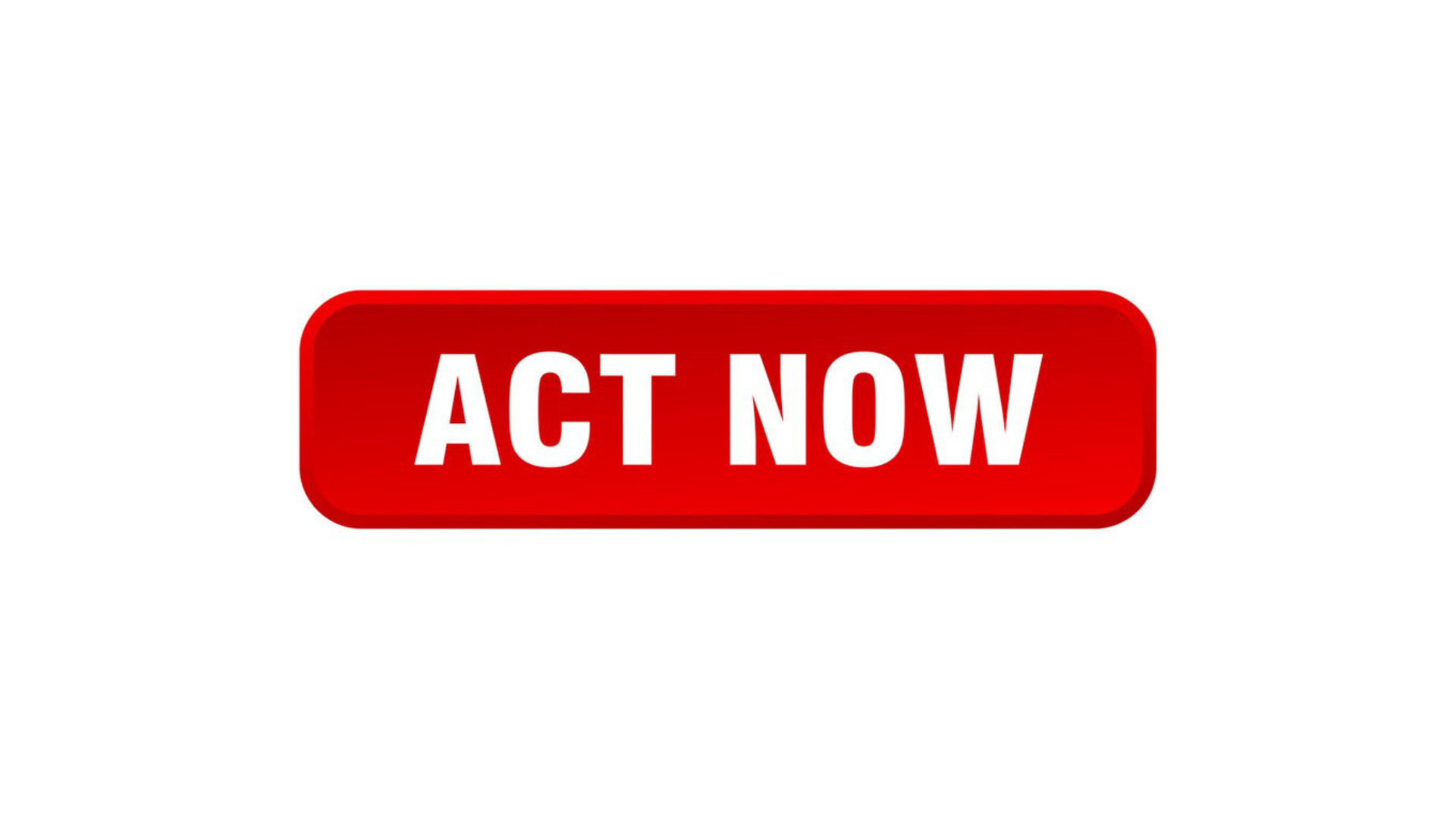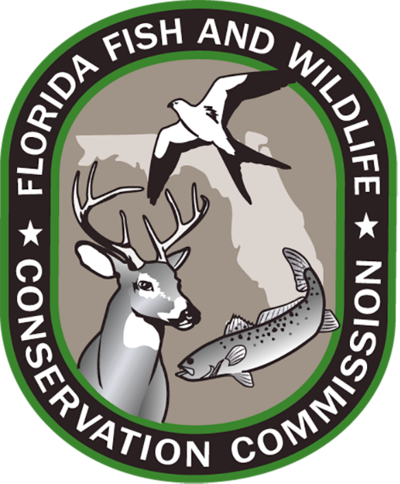QM Awareness and Outreach Campaign - Florida Fish and Wildlife Conservation Commission Management Meeting

The Florida Fish and Wildlife Conservation Commission (FWC) has been exploring solutions to mitigate and minimize the risks of invasive species introductions in renewed efforts to protect Florida’s delicate ecosystems and environment. A Technical Advisory Group, on which Pet Advocacy Network and numerous other pet trade stakeholders have served, has urged the FWC to find solutions that address the commission’s concerns, while still allowing for a responsible and healthy pet trade in the state.
The FWC has considered two approaches to address their concerns, while still allowing for an ongoing trade in non-native pets, including 1000’s of aquatic and other species. FWC Staff will be presenting these two proposals to FWC commissioners on May 10th & 11th, at which time decisions will be made on how the state will move forward and begin the rule-making process.
It is critically important that the FWC commissioners consider the gravity of the adopted approach, and understand the seriousness of the impacts to the State’s economy, FWC budgets, the State’s aquaculture industry and Pet trade, should the wrong approach be endorsed and adopted.
The May 11th meeting is public, and for any concerned Florida based pet or aquaculture businesses - it is strongly advised that you are in attendance to voice your concerns with the approaches being considered. For any concerned business, not in Florida, or unable to attend,
It is critically important to submit testimony online by the close of business May 5th.
Please read on to understand the two
approaches being considered, and to take action now and submit testimony click
the link below:
https://myfwc.wufoo.com/forms/s1g2xh6f009a30i/
The two scenarios that are up for consideration with the Fish and Wildlife Conservation are as follows:
- Interpretation 1: Establishing a “White List” : This would apply to nonnative fish and wildlife species documented in commerce in Florida & restricts importation of any new undocumented species (importation authorization for any new species would not be issued until FWC determines the species poses an acceptable level of risk to Florida).
- Interpretation 2: Establishing a “Black List”:
This would apply to nonnative fish and wildlife species that FWC has
not evaluated for risk in Florida and FWC has determined are not
sufficiently regulated & restricts the importation of any unevaluated
nonnative fish and wildlife species.
The two approaches being considered by the FWC will result in significant negative impacts on the Florida entities providing various taxa for the global pet trade. As noted above, a list of nonnative species that have been documented in commerce would contain tens of thousands of species to be published with scientific and common names. The first interpretation would allow for trade to continue for all the species currently in our trade, but would also create a static list of species that would become outdated. This would greatly restrict local fish stores (LFS) from being able to offer new species and hybrids to their customers since the extensive evaluation process for any new species in trade would conservatively take more than a year to complete. Further complications arising from the adoption of a “whitelist” approach revolve around the tremendous burden FWC officers would shoulder from a simple species identification perspective. This burden would be incredibly costly for the agency, and ultimately taxpayers, if agents/officers are to effectively enforce a white list rule and be able to properly identify Tens of thousands of terrestrial and aquatic species at port of entry, or ion facilities throughout the state. Currently, a vast majority of the species in our pet trade have not already been evaluated from risk by the Florida Fish and Wildlife, so interpretation 2 would effectively shut down the entire pet trade in the state. The industry cannot survive being in a suspended state while Florida tries to figure out how it will not only fund, but also complete risk assessments for tens of thousands of species.
It is our assessment that while both approaches are incredibly problematic, of the two, the proposed “whitelist” approach is more favorable.
Ideally The state would adopt a blacklist approach that would simply restrict species found to be invasive or otherwise dangerous to Florida’s environments and eco-systems, rather than the proposed approach which would effectively blacklist all species until deemed non-invasive. FWC agents and officers would have a far easier time looking for restricted species at ports of entry and in facilities rather than working from a list of 10’s of thousands of species which pose no threat.
Again, If any industry participants are unable to attend the May 11th meeting in Miami in person, you can provide written comments in advance using the link below:
https://myfwc.wufoo.com/forms/s1g2xh6f009a30i/
We encourage you to do so before the close of Business May 5th.
*TALKING POINTS
• I am deeply concerned that this proposed rule for Nonnative Fish and Wildlife is being rushed through the rule making process without any regard for future implications.
• The proposed rule for Nonnative Fish and Wildlife will not help better protect Florida’s ecosystems or solve the invasive species issue in Florida, but it will devastate the businesses that help people across Florida find the pet that is the best fit for their family; punishing responsible pet businesses while bad actors go unpunished.
• Please do not shut down the entire responsible pet industry in Florida by moving forward with these proposed rules for Nonnative Fish and Wildlife. This whitelist approach is not just bad policy, we are also concerned that it would bring our entire industry to a screeching halt in Florida. These proposed rules would especially harm small businesses, by creating a lengthy, complicated, and expensive species review process that could take years to complete.
• These hastily written proposed rules ignore decades of expertise from the pet care and exhibitor community and will not solve the invasive species problem in Florida. There are many flaws with these proposed rules, but they are both sure to be business-killers; driving businesses and tax revenue out of our state while doing nothing to solve our invasive species issue.
https://myfwc.wufoo.com/forms/s1g2xh6f009a30i/
